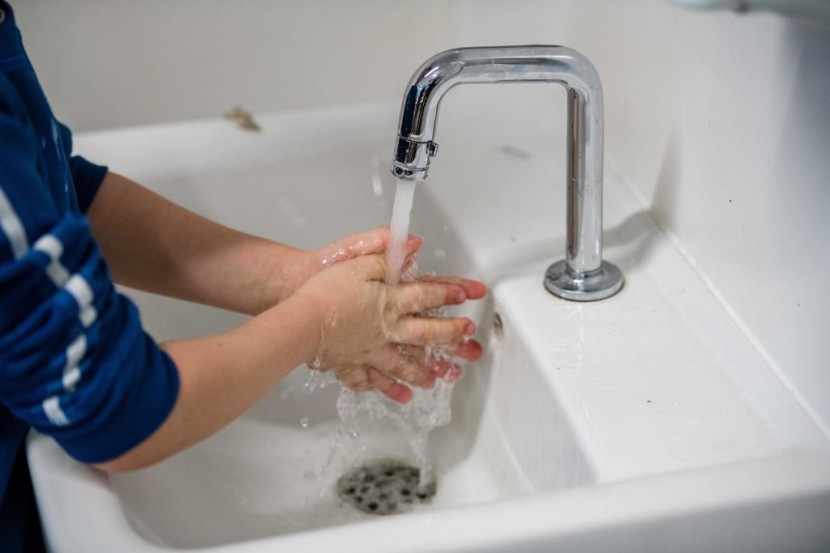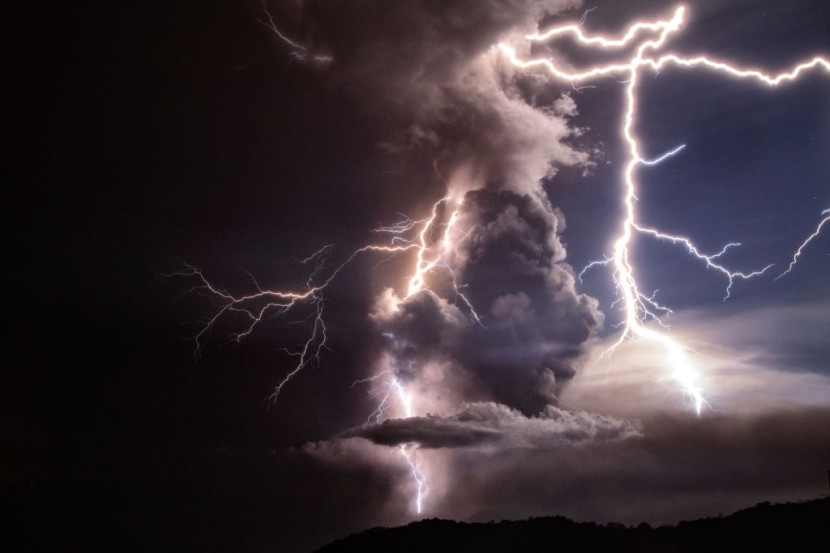Showering, washing your hands, and even doing laundry can put you in danger during thunderstorms. This may sound nonsense to other people, but it's actually true. Here's what the National Weather Service explained.
Don't Shower or Wash Hands During Thunderstorms

In the United States, the National Weather Service's motto is quite popular; "When thunders roar, go indoors."
This is pretty easy to remember and understand. But, this motto is actually incomplete. The entire phrase is "When thunder roars, go indoors, but don't suds your body or wash your clothes."
This is a warning about soaking your body and washing your clothes during thunderstorms.
NWS Severe Weather Program Coordinator Aaron Treadway warned that although unlikely, there's a chance that thunderstorms will cause lightning to strike houses, as reported by Business Insider.
When this happens, the electricity generated by lightning will travel through pipes and possibly electrocute occupants.
Specifically, the electricity will travel through the things inside your house that are made of metal. These include faucets, showerheads, washing machines, etc.
Of course, water will also contribute to this since it is a very good conductor, just like metal.
With all these factors, there's a chance you can get electrocuted if you shower, wash your hands, or do laundry during thunderstorms.
Other Things to Know About Lightning Strikes and Thunderstorms

Aside from avoiding soaking your body during thunderstorms, here are other things you need to know to keep you and your family safe.
Is it safe to use phones?
CBS News explained that using cordless phones, such as smartphones, is completely safe during thunderstorms. But, it is dangerous to use corded phones (landlines) since electricity can travel through their wires if lightning hits the house.
Is it safe to touch someone who's been electrocuted?
Unlike in movies, touching someone who was struck by lightning will not get you electrocuted. This was clarified by the Centers for Disease Control and Prevention. CDC officials even encourage people to help electrocuted individuals, especially those who need immediate first aid.
Are men more at risk of getting hit by lightning?
CDC claims that men are more likely to get hit by lightning compared to women; around four times more at risk. The health agency explained that men who are physically active are likely to get hit by lightning. These include farmers, construction workers, etc.
© 2026 HNGN, All rights reserved. Do not reproduce without permission.








